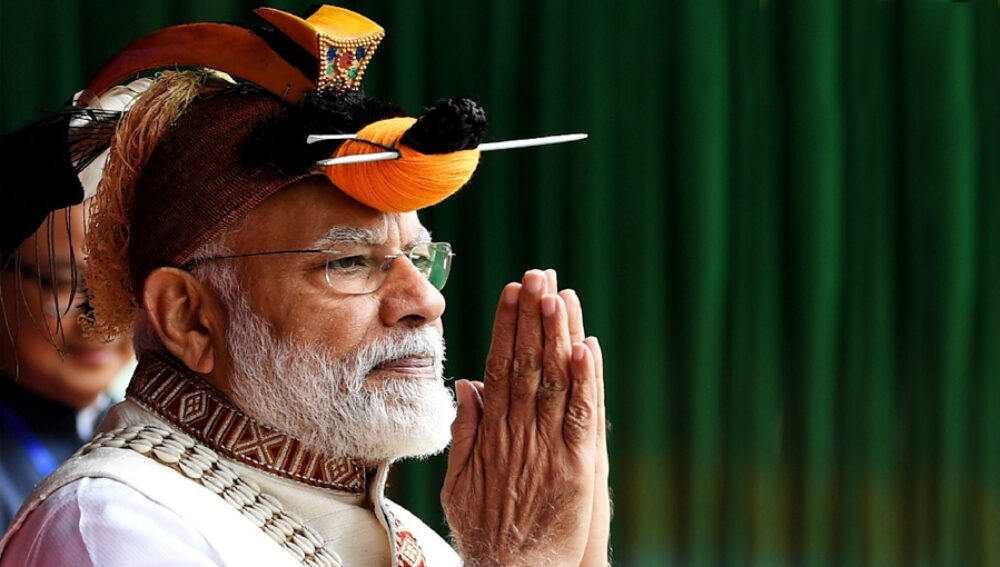The Indian government is ploughing ahead with its plans to develop the country’s north east, including the state of Arunachal Pradesh, which China claims as its own territory. Earlier this month, Prime Minister Narendra Modi laid the foundation stone for an important airport in a remote part of the state and announced development plans worth almost $800 million. Those moves provoked an angry response from Beijing. The Chinese government issued a sharp statement, saying it was ‘firmly opposed to the Indian leader’s visit to the eastern section of the Sino-Indian border’. New Delhi dismissed the criticism, affirming that the state is ‘an integral and inalienable part of India’. It’s worth noting that this is nothing new; China routinely protests visits by Indian leaders to Arunachal Pradesh, as it did with Modi’s visit last year.
Despite the ‘reset’ in the Sino-Indian relationship said to be in place since the 2018 Wuhan summit between Modi and Chinese President Xi Jinping, and the fact that India is careful to avoid trampling Chinese sensitivities elsewhere, such as on its position on the Quadrilateral Security Dialogue, New Delhi isn’t refraining from behaving assertively where its core interests are concerned. In other words, the reset hasn’t brought a fundamental change in the relationship and is better viewed as an attempt at buying temporary peace.
Please click here to read the full “India builds up its north east in the face of China’s claims on ‘South Tibet'” article at The Strategist, written by Griffith Asia Institute Research Assistant, Aakriti Bachhawat








